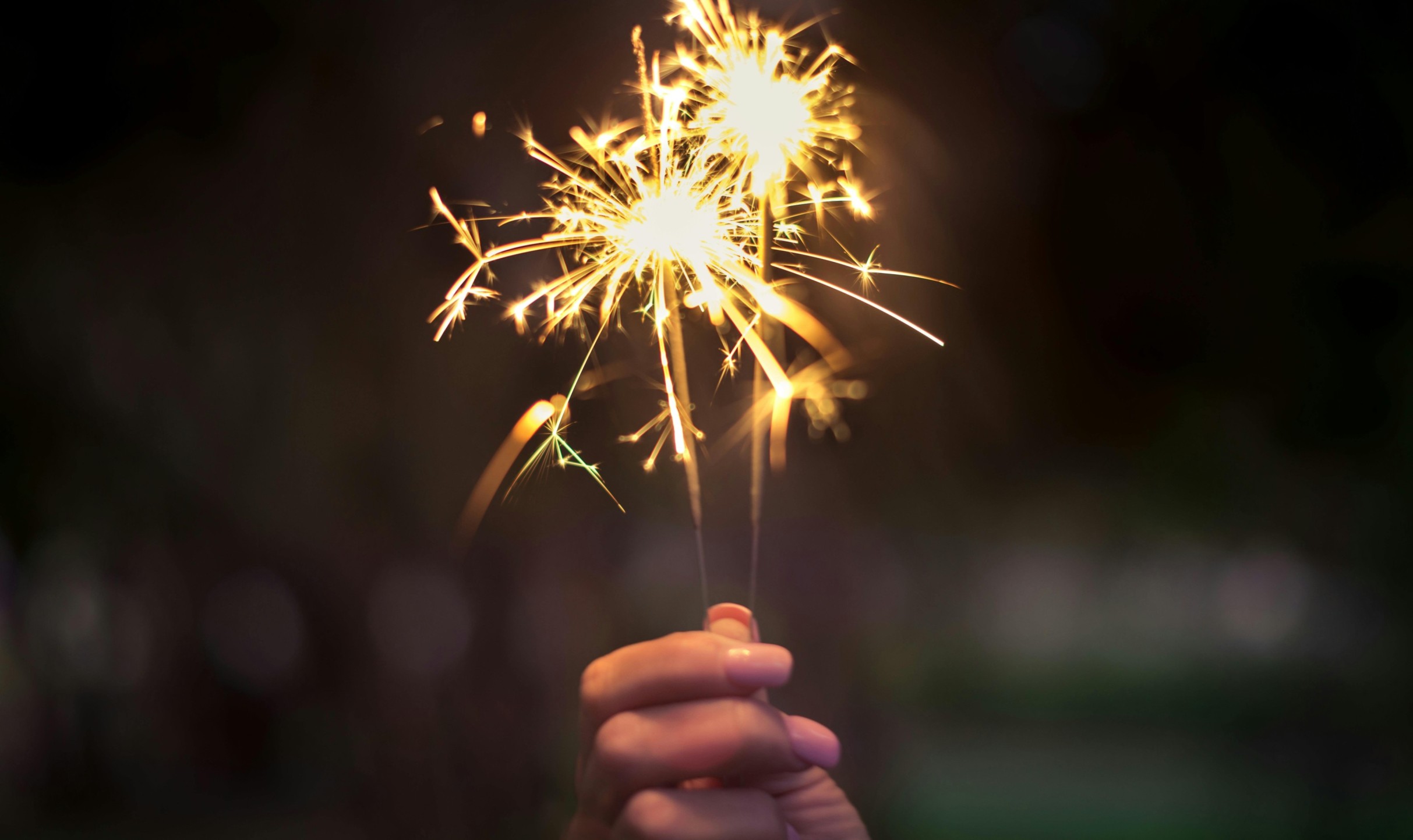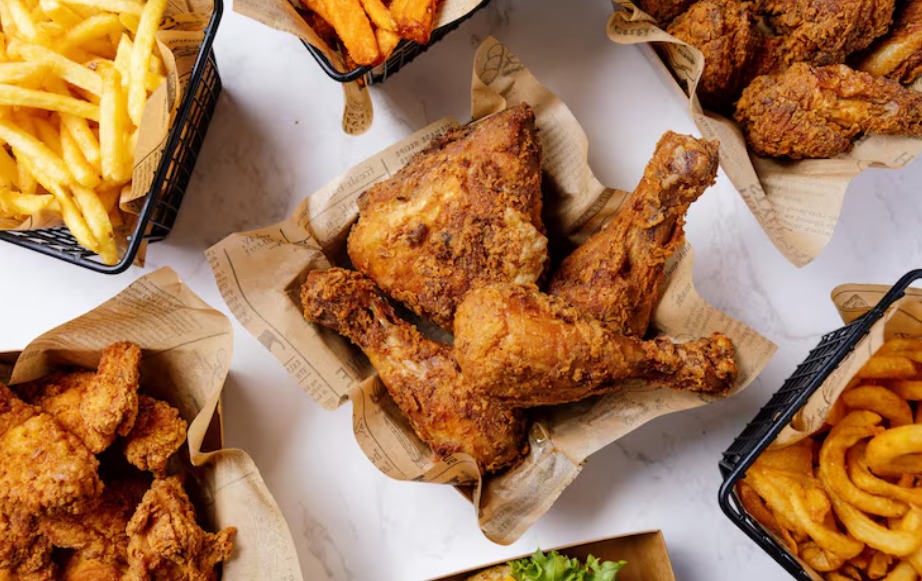Joho lists strict conditions for using fireworks during Diwali celebration

Only qualified and sober individuals will be permitted to operate aerial shells and other fireworks during these events.
To facilitate safe and enjoyable festivities, for those planning to hold fireworks displays during the upcoming Diwali and Hindu New Year celebrations, one must first obtain the necessary permits from the State Department for Mining offices.
Cabinet Secretary for Mining, Hassan Joho, on Tuesday, announced these guidelines for the celebrations set to take place from Friday, November 1, to Saturday, November 2, 2024.
Joho explained the importance of compliance with the Explosives Act, Cap 115, urging the Hindu community to ensure that all fireworks displays are conducted in an orderly manner to avoid inconveniencing the public.
More To Read
- UNESCO adds Diwali to global cultural heritage list
- Government, miners form joint committees to curb exploitation, protect communities
- Joho asks court to dismiss petition challenging his suitability for public office
- CS Joho: Those who try to break ODM will be the ones to leave
- Interior Ministry authorises fireworks displays on Sunday in celebration of Diwali
- UN report says mining boom threatens green energy goals without stronger oversight
"Fireworks should only be used at authorised venues, including clubs, hotels, temples, sports grounds, and school compounds, as approved by an inspector of explosives," the CS said
The Cabinet Secretary also specified that displays must occur between 7 pm and 11 pm on the authorised dates, and in urban areas, display shells should be limited to a maximum calibre of four inches unless exemptions are granted.
Only qualified and sober individuals will be permitted to operate aerial shells and other fireworks during these events.
According to the CS, fireworks dealers also have specific responsibilities.
They must not sell fireworks to anyone under the age of 13, as this is an offence under the Explosives Act.
Additionally, dealers are only allowed to sell aerial display fireworks to individuals holding valid permits signed by an inspector of explosives.
CS Joho concluded by urging everyone involved to prioritise safety and compliance to ensure that the Diwali and Hindu New Year celebrations proceed joyfully for all participants.
The community is encouraged to embrace the festive spirit while adhering to these important guidelines.
For more information, the public has been advised to contact the State Department for Mining's offices.
Diwali: Celebrating Light and Joy
Diwali, also celebrated by Jain and Sikh communities, spans five days, each carrying its own significance and traditions:
- Dhanteras: On the first day, people often purchase gold, silver, or new household items for good luck. Homes are cleaned in honour of Lakshmi, the goddess of wealth, while some also pay respects to Dhanvantari, the god of Ayurveda, and Yamaraj, the god of death.
- Choti Diwali (Naraka Chaturdashi): On the second day, people celebrate Lord Krishna’s victory over the demon king Narakasura. The day involves early morning rituals, home cleaning, and decorating with rangolis and diyas.
- Diwali (Lakshmi Puja): The third and main day of Diwali is a time for family gatherings, gift exchanges, feasting, and worshipping Lakshmi, the goddess of wealth.
- Padwa (Govardhan Puja): The fourth day celebrates the bond between spouses, with husbands traditionally gifting their wives. This day also commemorates Lord Krishna lifting Govardhan Hill to protect the villagers of Vrindavan.
- Bhai Dooj: The final day celebrates the love between siblings. Sisters often mark their brothers’ foreheads with a tilak, while brothers present gifts to their sisters.
Top Stories Today
















































